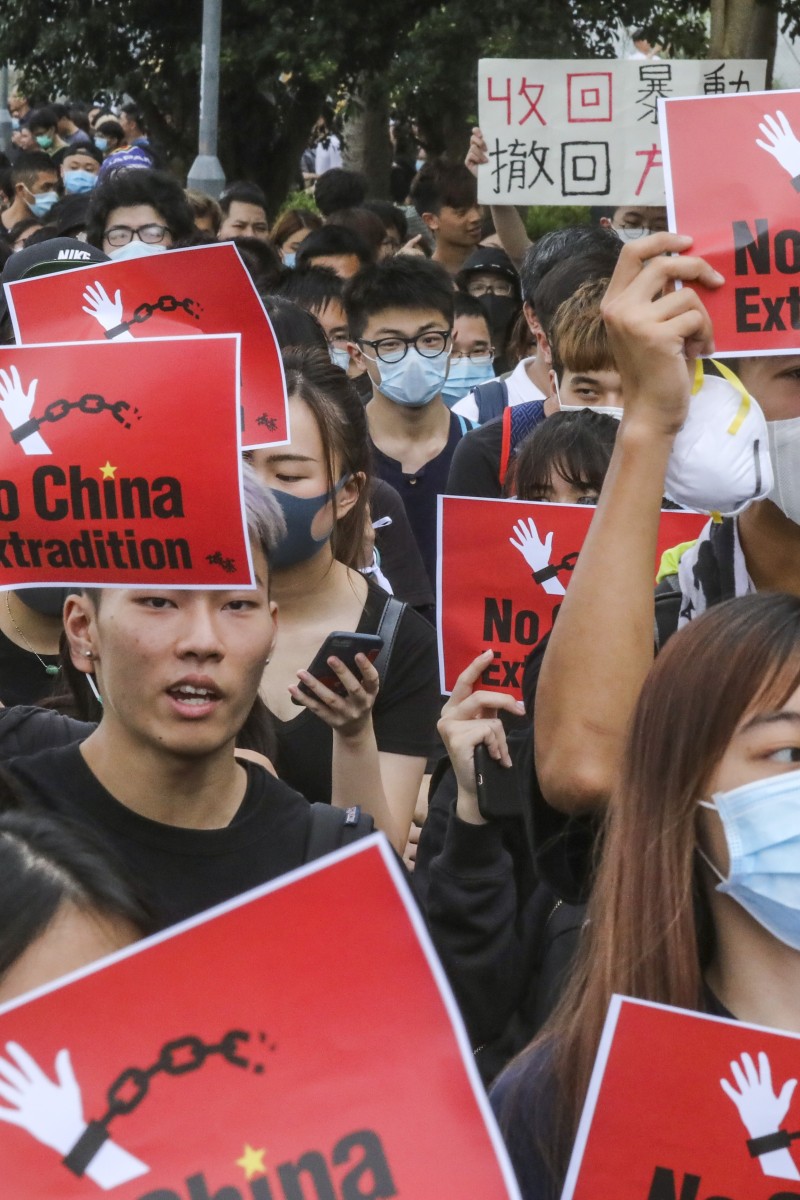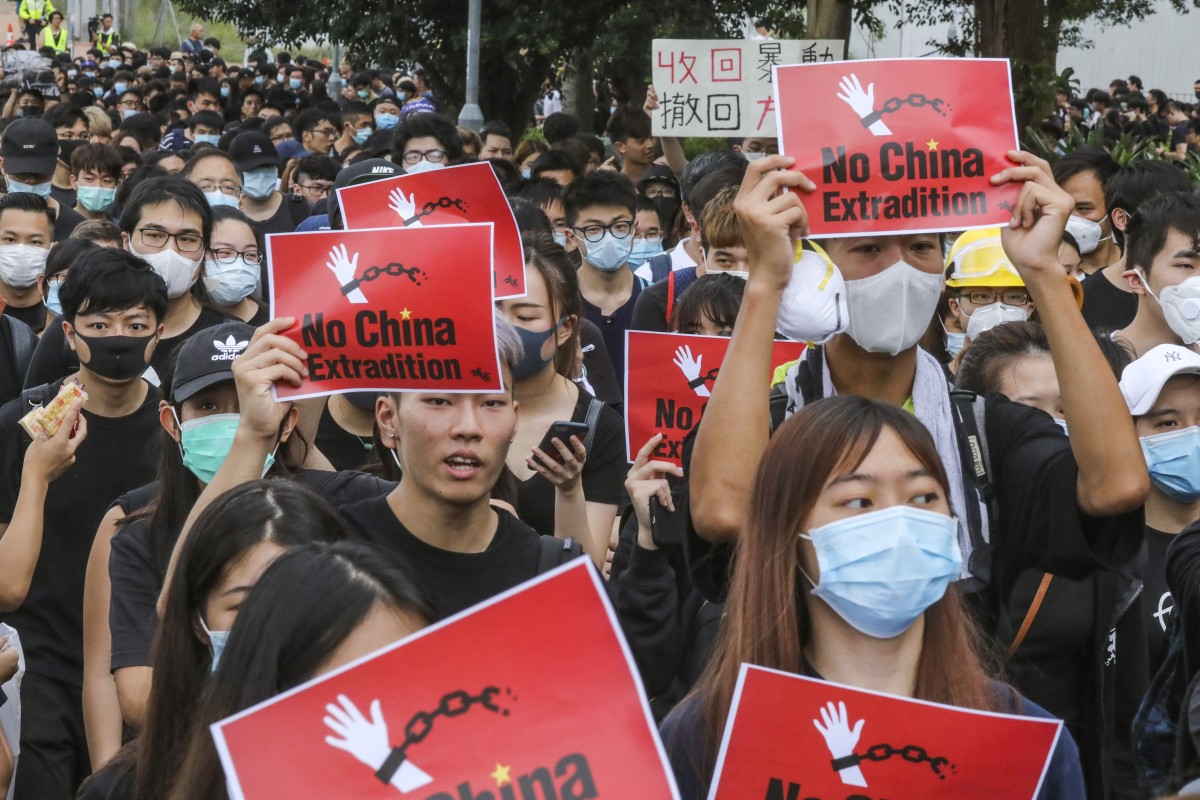
Pro-democracy legislators were not satisfied with the Chief Executive's apology, even though it was her second one in three days
 Two massive marches have put immense pressure on Lam's government.
Two massive marches have put immense pressure on Lam's government. Hong Kong pro-democracy lawmakers aren’t satisfied with Carrie Lam Cheng Yuet-ngor’s apology on Tuesday for how the government handled the highly unpopular extradition bill. This is the second apology Lam has made. This first came in the form of a government statement on Sunday.
The bill would allow the transfer of fugitives to jurisdictions with which Hong Kong lacks an extradition deal, including the mainland. Concerns have been expressed about the possibility of politically motivated persecution and unfair trials on the mainland.
At a press conference on Tuesday, Lam said she offered her “most sincere and solemn apology”. “I personally have to shoulder much of the responsibility,” she said. “This has led to controversies, disputes and anxieties in society. For this I offer my most sincere apology to all people of Hong Kong.”
Legislator Claudia Mo Man-ching said the chief executive’s apology was “completely unacceptable”. She said it was “too little, too late” for Lam to say sorry.
Separately, Joshua Wong Chi-fung, the student leader of the 2014 “Umbrella Movement” protests, demanded that Lam step down. “Not only is this apology not sincere, it is fake. We need to point out that Carrie Lam has created a governance crisis,” he said.
Lam refused on Tuesday to say the legislation would be permanently withdrawn. After the conference, Lam’s critics reiterated their calls for her to drop the bill and step down. Members of the Civil Human Rights Front, which helped organise a protest on Sunday by about 2 million people, said they were discussing next steps in the standoff. Sunday’s march was the third such protest in eight days by those opposed to the bill.